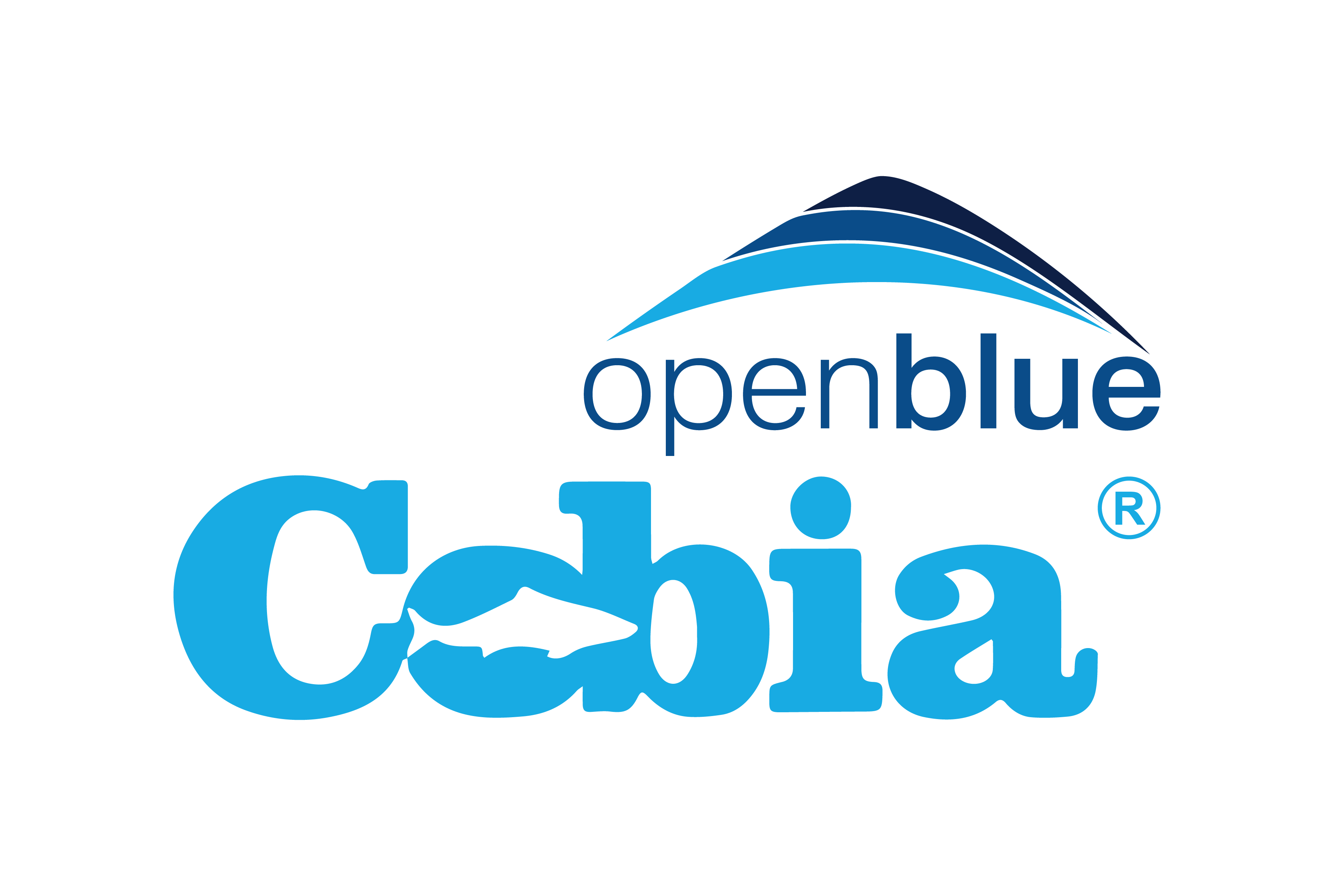
6 Challenges for Open Ocean Fish Farms in 2023 and the Rise of Sustainability

Open ocean aquaculture, often known as mariculture, has enormous potential for helping supply the world's need for seafood due to its capacity to generate high amounts of fish in controlled conditions while minimally affecting their ocean environments.
However, open ocean fish farms and wholesale fish supplier companies around the world face several issues that must be addressed to maintain their sustainable operations. According to researchers, the high costs associated with offshore farming and the hazards associated with open ocean farming do have their challenges, but Open Blue Sea Farms has taken measures to overcome these obstacles to deliver the most delicious fish to your operation while keeping a sharp eye on sustainability.
Rough Water Conditions and Storms
Open ocean fish farms are vulnerable to severe, high-intensity storms. These environmental variables can weaken net enclosures, allowing fish to escape. Open Blue Sea Farms designed strong and secure netted structures to help overcome this issue. Additionally, environmental impact studies have being done, to ensure that, in case of any accident, the wild population won´t be affected.
Environmental Pollution
Nutrient-rich waste can increase toxic algal blooms, upsetting the equilibrium of marine ecosystems. Pollution of this type harms coastal and fishing communities, which rely on healthy fish populations and marine habitats. Open Blue carefully monitors the water in the open ocean to ensure that the water quality remains consistent.
Risk to Marine Mammals
Marine mammals may become entangled in net pen mooring systems or abandoned fishing gear and debris that become entangled with mooring ropes. Furthermore, some aquaculture facilities employ acoustic marine mammal deterrents, which can annoy and irritate whales and other species. Our Open Blue Sea Farms offshore growing facilities are designed to manage this risk.
Disease Management
Disease outbreaks are an issue in open ocean fish aquaculture. The closeness of fish in net pens can enhance disease transmission risk. It is critical to preserve the health of farmed fish populations by implementing effective disease prevention and control techniques, such as frequent health monitoring and immunization programs. Our biosecurity measures minimize the spread of diseases, and fish are monitored several times on a weekly basis to maintain a healthy number (LINK HERE THE SUSTAINABILITY REPORT).
Difficulty in Obtaining Certification
It might be difficult to certify open ocean fish farms for sustainable operations. Significant expenditures in infrastructure, technology, and environmental management systems are required to meet the demanding requirements and standards of organizations. At Open Blue Sea Farms, we hold the four-star certification for Best Aquaculture Practices (BAP), which ensures safe, responsible, and ethical farm-raised seafood.
Barriers to Sustainable Production
It can also be difficult and expensive to achieve sustainable output levels in open ocean fish farms. Access to suitable areas, high operating expenses, legal complications, and environmental concerns can all affect sustainable manufacturing processes, leading to reduced supply. Open Blue Sea Farms ensures almost zero-impact aquaculture with our sustainable products.

Despite these challenges, Ocean Blue Sea Farms provides fresh and high-quality wholesale Cobia fish for restaurants and fish distributors. Our Cobia fish is renowned for its uniquely buttery and mild flavor, versatility, and freshness. If you support sustainable open ocean fish farming and are looking for a Sustainable whitefish supplier, contact us now and talk to one of our sales associates about Open Blue Cobia.

